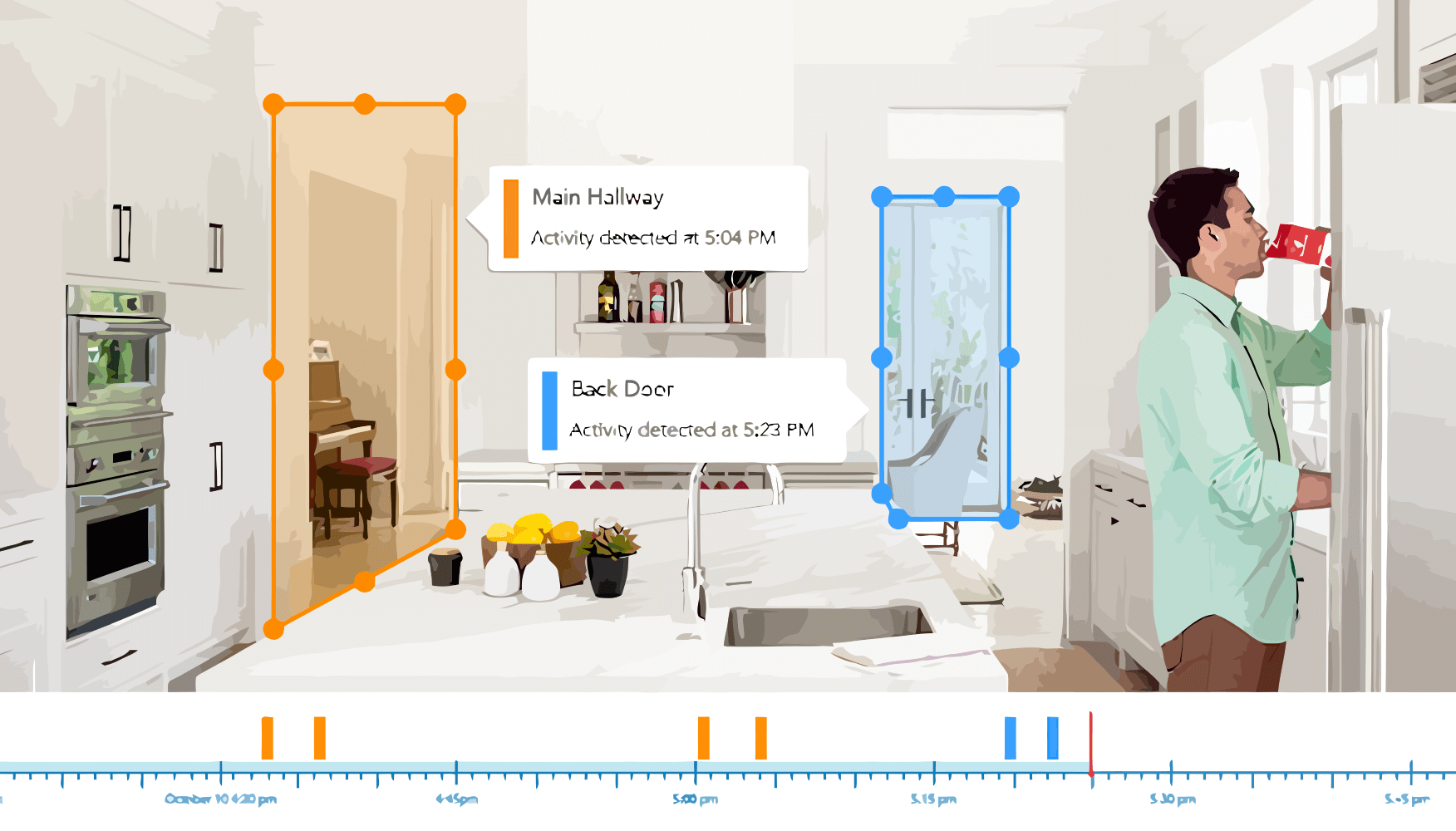Detecting Anomalies within Smart Buildings using Do-It-Yourself Internet of Things
Journal of Ambient Intelligence and Humanized Computing, September 2022.

Combines network traffic analysis with independent sensor observations to detect cyber-physical anomalies in smart homes using DIY IoT nodes.
Smart homes present unique security challenges because attacks can manifest in both cyber and physical domains. Traditional Network Traffic Analysis alone cannot detect threats that manipulate physical sensor data such as temperature, humidity, light, sound, and vibration. This project addresses IoT security vulnerabilities by combining network traffic analysis with independent sensor observations to identify suspicious behavioural patterns.
The research pursues three main objectives: reviewing existing cyber-physical anomaly detection techniques, learning smart home behavioural patterns using distributed multi-purpose sensors, and detecting anomalies by correlating network traffic with independent sensor observations. We develop low-cost Do-It-Yourself IoT sensor nodes that learn expected behavioural signatures across devices and occupants. By correlating these physical observations with network traffic analysis, the system detects attempted compromises even when attackers spoof smart plugs or block telemetry.






Journal of Ambient Intelligence and Humanized Computing, September 2022.
Frontiers in the Internet of Things, Volume 2, 2023, pp. 1–15.